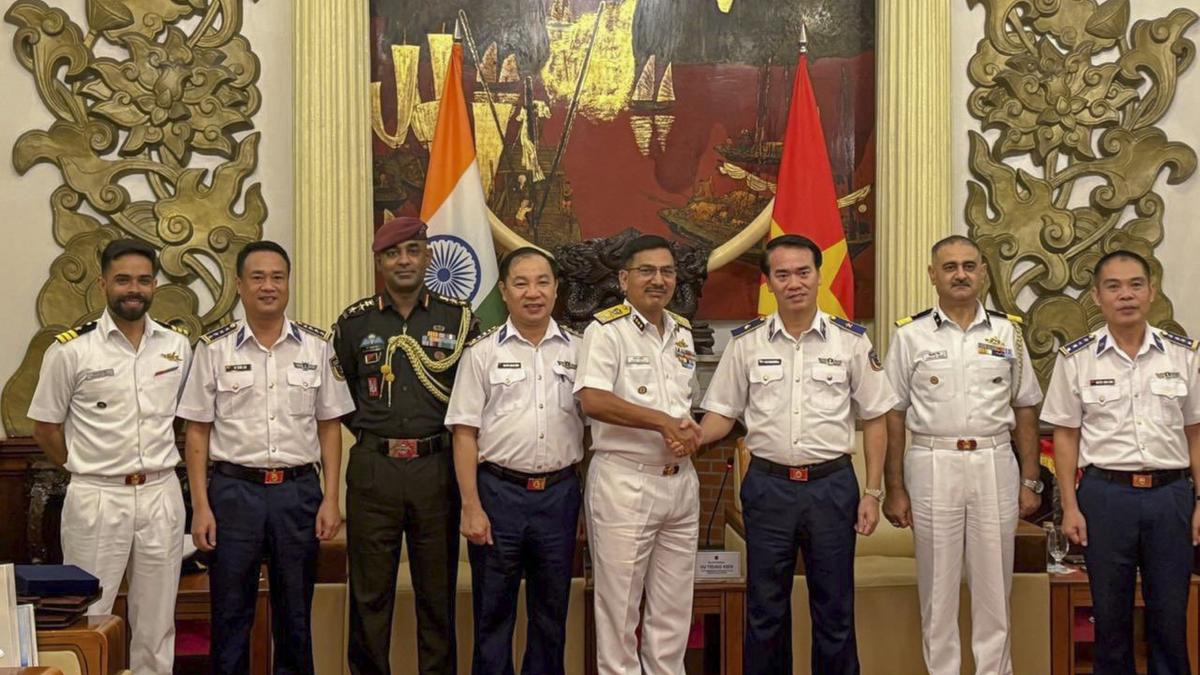Now Reading: Manipur Violence: Report Alleges Planned Ethnic Targeting and State Failures
-
01
Manipur Violence: Report Alleges Planned Ethnic Targeting and State Failures
Manipur Violence: Report Alleges Planned Ethnic Targeting and State Failures
Quick Summary
- The Independent People’s Tribunal (IPT) released a report on the ethnic conflict in Manipur, citing ancient ethnic tensions, socio-political marginalisation, and land disputes as core issues.
- Systematic hate campaigns through digital media and provocative statements by political leaders contributed to escalating mistrust between Meitei and Kuki-Zo communities.
- The violence was described as planned, ethnically targeted, and exacerbated by failures of state institutions.
- A pivotal trigger was a March 2023 directive by the Manipur High Court recommending Scheduled Tribe (ST) status for Meiteis,sparking protests among tribal groups fearing loss of constitutional protections. Protests later escalated into widespread violence.
- Kukis faced propaganda related to alleged poppy cultivation amid former Chief Minister Biren Singh’s “war on drugs.”
- Reports revealed over 60,000 internally displaced persons living in relief camps under inadequate conditions with poor healthcare provisions.
- Testimonies from victims highlighted state authorities’ inability to protect citizens during the crisis. Central government failed its constitutional duty to uphold rule of law in affected areas.
- media played a notable role; while print media lacked investigation depth and showed partisanship, digital media fueled tensions with inflammatory content.
- tribunal demanded structural reforms such as an SIT probe into violence alongside enhanced community dialog and legal accountability.
Indian Opinion Analysis
The findings presented by the IPT underline deep-seated vulnerabilities within India’s democratic framework when addressing complex inter-community conflicts. While systemic hate campaigns via digital platforms highlight modern technological challenges in conflict management, the failure to prevent escalation despite known triggers such as social divisions or judicial orders reflects serious lapses at institutional levels-both state and national.
The humanitarian crisis stemming from displacement showcases gaps in disaster response infrastructure crucial for swiftly rehabilitating affected populations. Reliance on temporary camps without integrated long-term planning further emphasizes deficiencies that demand urgent policy-level interventions.
Media ethics emerge as another concern where unchecked dissemination of unverified information amplified hostilities-a reminder that responsible reporting is indispensable during sensitive situations. Moving forward, suggested measures like SIT probes could set precedents for accountability; however, their success depends heavily on sustained judiciary oversight coupled with clear political will. Community dialogue remains essential but must be free from coercion or bias if structural peace is the goal.
This episode serves both as a cautionary tale about governance oversights exacerbating communal divides-and an opportunity for civil society institutions to actively reclaim space lost amidst rising impunity.
Read more: The Hindu























